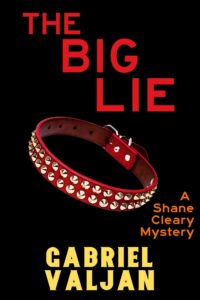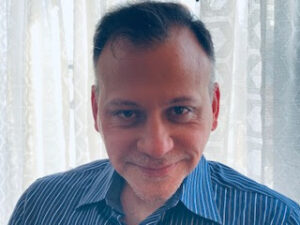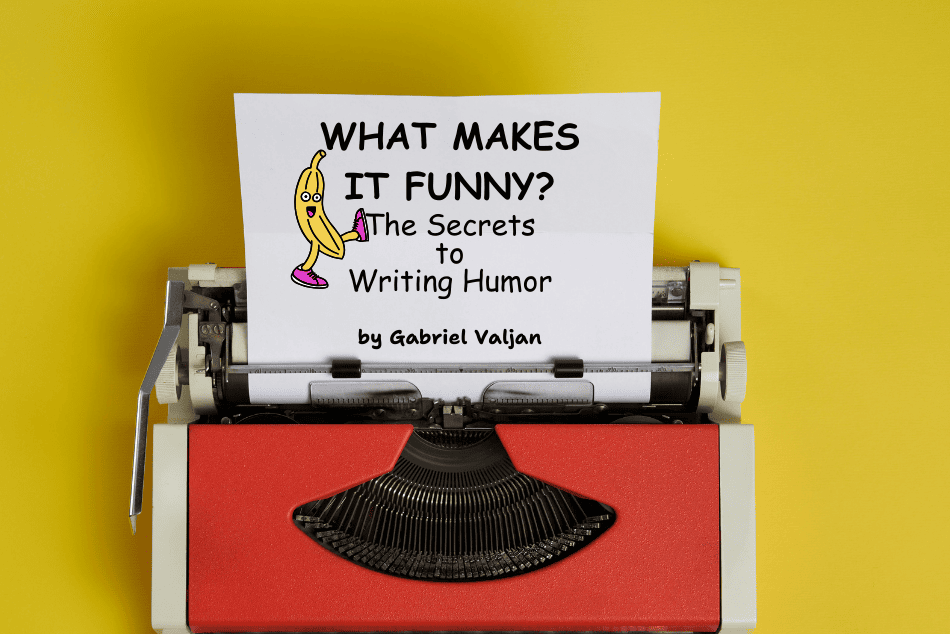A is for Anatomy, F is for Funny Bone.
Sex, Politics, and Religion. We’re advised that we shouldn’t discuss these topics over holiday dinners. But these problematic subjects are bread and butter for writers.
Let’s tackle each one.
Religious themes in the creative arts have instigated violence, as we’ve seen in the recent attack on Salman Rushdie. The political novel is provocative but seems niche, the terrain for satire.
As for sex, it is seldom distinctive, and most writers (cough, male) write it badly. Since its inception in 1993, only three women have received the Bad Sex in Fiction Award from the British magazine Literary Review.
But how about humor? Humor is the most difficult to write, in my opinion. ‘Serious writers’ are not supposed to be comedians.
I beg to differ. Dashiell Hammett gave us the hardboiled worlds of Sam Spade and the Continental Op, but he crossed the mean street to give us Nick and Nora Charles, the couple who solved crimes, tossed repartees, and guzzled gin. Shakespeare made us laugh. Molière is hilarious, and he gave his women the best lines.
Speaking of French playwrights, Feydeau said, “In order to be funny you have to think sad first.”
We laugh because we don’t want to cry.
We laugh when we’re uncomfortable.
We laugh because it gives us pleasure.
Nobody knows where the funny bone is located. Anatomy and personal preferences vary. Some moviegoers found Pesci’s “I amuse you how?” in Goodfellas funny. I didn’t. There’s a scene in the movie Ronin, however, that does make me howl. De Niro has been shot and he explains step-by-step to Jean Reno’s character how to remove the bullet. One wrong move, and De Niro dies. When he hears the slug drop in the pan, he looks at it and then to Reno, smiles, and says, “If you don’t mind, I’m gonna pass out now.”
How do writers write humor well?
David Handler, Donna Andrews, and Rob Osler use first-person narrative where interior dialog provides commentary and the running gag reel, in parallel to the scene.
Elmore Leonard and Donald Westlake used snark and mirroring.
Wendall Thomas and Catriona McPherson employ what readers call ‘Voice.’
Both “voice” and “turn of phrase” suggest a gift for words pulled out of the ether, but that’s not a very helpful explanation. It can be said that any one of the current nominees for Left Coast Crime Best Humorous Novel have protagonists with personality, but I think of these writers as musicians of the funny bone because comedy is all about context, timing, and a deft touch. They know how to tease and tickle as opposed to torment and overstimulate the funny bone.
Their main characters are inside a certain situation, looking in from the outside, seeing what others don’t with humor, in stark contrast to the Vulcan logic of Sherlock Holmes. It’s their quirky perspective that enables these sleuths to solve the mystery others cannot.
My Shane Cleary is the droll outsider who hasn’t lost sight of the contradictions in his life and the world of Seventies Boston around him. As a former cop, criminals are sometimes his friends, and they are often more moral than the ‘good guys.’ Shane accepts a fallen, compromised world. The street has taught him all those truths he didn’t learn in school. In this excerpt from THE BIG LIE, Tony, a mafioso, starts a conversation that includes ethnicity, literary history, and a slice of life from a cynical decade.
“What nationality is Bonnie?”
“She’s a mutt like most Americans, Tony. You know her last name.”
“Loring, so what? It doesn’t tell me where her people are from.”
“Does it matter?”
“It matters to my mother.”
“You’re serious.”
“I don’t joke about my mother.”
“Is it because it’s her house, or is it because you’re afraid of her?”
“Both. How do you think I got this way? Trust me, you’d rather deal with me than her.”
“She’s that tough, huh?”
“You’ve heard of Machiavelli, right?”
“Don’t tell me he’s required reading in your profession.”
“I’ve got this theory that Machiavelli was a broad, like how some people think Shakespeare was a woman. Think about it, Niccolò could easily have been Nicole or Nicoletta. Only an Italian woman could’ve written The Prince.”
Readers: Name writers who write humor well.
Writers: Do you use humor in your work, and is it difficult writing for you?
Or if you have questions, let’s talk about it on the Career Author’s Facebook page!

 Gabriel Valjan is the author of the Roma Series, The Company Files, and the Shane Cleary Mysteries. He has been nominated for the Agatha, Anthony, Silver Falchion Awards, and received the 2021 Macavity Award for Best Short Story. Gabriel is a member of the Historical Novel Society, ITW, MWA, and Sisters in Crime. He lives in Boston.
Gabriel Valjan is the author of the Roma Series, The Company Files, and the Shane Cleary Mysteries. He has been nominated for the Agatha, Anthony, Silver Falchion Awards, and received the 2021 Macavity Award for Best Short Story. Gabriel is a member of the Historical Novel Society, ITW, MWA, and Sisters in Crime. He lives in Boston.





